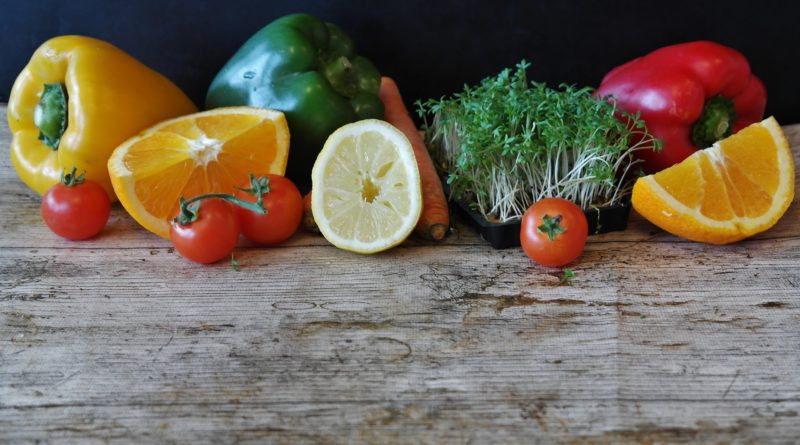UD professor offers tips on returning to a healthy lifestyle post-pandemic
Dr. Diana Cuy Castellanos, assistant professor in dietetics and nutrition at UD, explained the impact COVID-19 had on the nutritional habits of college students. Photo courtesy of pixabay.com
Hannah Heil | Contributing Writer
The COVID-19 pandemic has led many to put on a few extra pounds.
Lack of movement and closer proximity to food at home have caused an increase on the scale. The weight gain caused by the pandemic has been dubbed the “COVID 19.” It is similar to the famous college “freshman 15,” and is experienced by all ages.
85 percent of people have altered their food habits as a result of the pandemic, according to the 2020 Food and Health Survey. Being closer to food and facing more stress has been shown to trigger bad food choices.
Dr. Diana Cuy Castellanos, assistant professor and research coordinator in dietetics and nutrition at the University of Dayton, explained the impact COVID-19 has had on the nutritional habits of college students.
“College students have had to think more about food,” Cuy Castellanos said. “Food is not as easily accessible to college-age students.”
Cuy Castellanos explained that college-age students no longer had access to food at dining halls and restaurants near campus when they were sent home at the onset of the pandemic. This caused students to think more about how they were going to get their food.
Increased stress also has an impact on an individual’s lifestyle. Stress and anxiety can result in an increased intake of alcohol and sugary foods. Many individuals are eating more during COVID-19 because of being stressed and depressed, explained Cuy Castellanos.
“Biologically, high sugar affects the neurotransmission and there is a satisfaction,” Cuy Castellanos said.
Studies from the pandemic show an overall increase in food intake, but a reduction in fresh produce intake. Fresh produce does not conserve as well, and many farmer’s markets have been closed. These factors led individuals to buy more packaged, sugary foods.
The other side to weight gain is from not spending as much energy. Cuy Castellanos encouraged college students to keep getting out and exercising.
“Energy comes from protein, carbohydrates, fats and alcohol,” Cuy Castellanos said. “We need to expend the same amount of energy that we intake.”
Many individuals are exercising less, but are eating more food at home. Reduced energy expenditure can cause an energy imbalance. It is important for individuals to exercise to expend the energy consumed from food.
On a positive note, Cuy Castellanos explained that the pandemic caused some university students to change for the better. Many college-age students across the country learned to cook for themselves when they were sent home at the onset of the pandemic, as they could not go out to get food.
For those now looking to return to their pre-COVID weight, Cuy Castellanos offered a few nutritional tips. For one, she encouraged students to use their cooking skills. Individuals who eat in at home are proven to consume less calories overall, Cuy Castellanos explained.
“You have the most control over your home environment,” she said. “What do you want to allow to be in your home environment?”
Another way to limit calories is to choose your surroundings carefully. For those who want to order a frappuccino every time they pass Starbucks, Cuy Castellanos suggested driving a different route to avoid passing the coffee shop.
COVID-19 is proving to endure indefinitely, but the “COVID 19” does not have to. By practicing these nutritional tips, college students may rest assured that they can return to their pre-pandemic weight.
For more arts and entertainment news like Flyer News on Facebook and follow us on Twitter (@FlyerNews) and Instagram (@flyernews).

